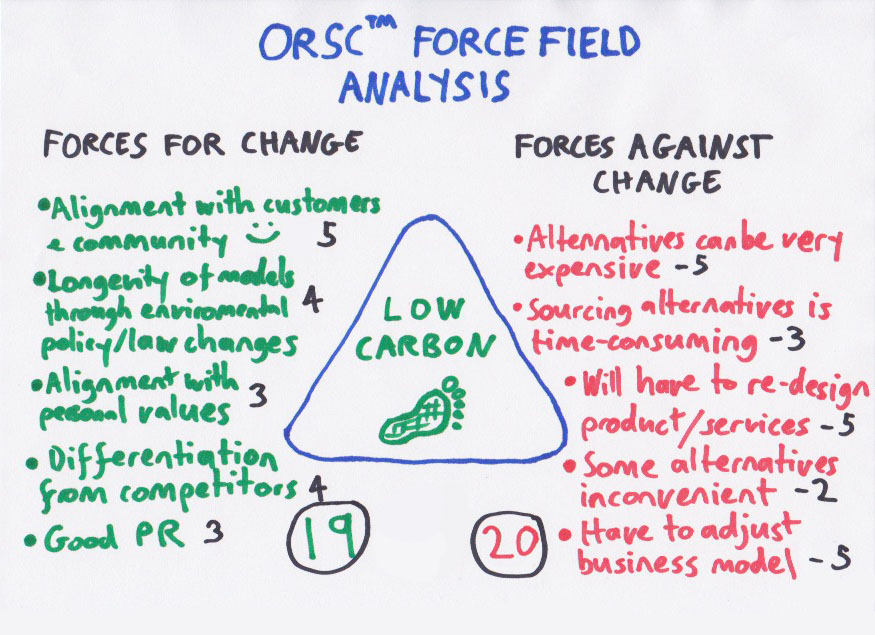Businesses are becoming more and more conscious of the implications their processes and resources have on the environment. This is because of two things:
- Consumer opinion is changing. Customers are wising up about climate change and they don’t want to spend money on products or services which are contrary to their morals and opinions.
- Organisations themselves care about environmental issues and don’t want to be held accountable for the destruction of our one and only planet Earth…
Whether companies actually share their customers’ views, or whether they just want to keep their customers is arguably irrelevant, but a question of company integrity and social responsibility nonetheless.
As a small business we, CRR UK, ORSC provider in the UK, have pledged to reduce our carbon footprint.
The environment is very important to us as a company – and as individuals within the organisation, and we know we share this value with many of our community members.
We can all agree it’s not always easy, sometimes things we need come covered in plastic, sometimes the only way to get resources is to have them delivered. We are also aware that many of our participants are only able to attend our courses if they fly.
Here is how we have reduced our carbon footprint this year:
Travel, Accommodation & Catering:
- We use local restaurants to cater for us on weekends – with delivery made by foot – this also supports local businesses.
- We support our faculty to catch trains and not fly where possible and to use taxi services that use hybrid cars as much as possible.
- Our faculty choose to stay at the Grange Hotel because of their good Green credentials. We also point our participants to this hotel with a money-off incentive.
Resources:
- Recycled exercise books
- Recycled pens
- Refillable texters
- We have – very recently – relocated the office to the same venue as the courses we provide. This means we are not transporting course materials.
What we are still struggling with:
- Plastic labels
- Plastic folders for our manuals
- A lot of our participants need to travel by plane
- Food waste – our caterers are generous so we often have left-over food. We offset this by donating to homeless shelters where possible
- Manuals get updated, meaning we need to throw out old ones
If you have any suggestions for solutions to these, or have any other innovative ways that you’ve been implementing to reduce your carbon footprint, please let us know!
Here are some further steps that we have come up with to help us (and maybe you) to reduce our carbon footprint in 2020:
- Apply some pressure to your suppliers. Just like our previous article about why your vote counts, use the power of your voice. Enquire if there are 0 emissions alternatives, and if there isn’t, question why. If suppliers don’t think there’s a problem, they will never feel the pressure to find a solution. When money is at stake, entrepreneurs can become resourceful when they want to be…
- Get resourceful. Get creative. We have a few things in the pipeline that will cut our carbon footprint enormously. The changes you make are specific to what your business is. Customers respect innovation.
- Cut out the small things. This is an obvious one. But being conscious about your own workspace is important. Ban single-use plastic in the office! Offer a later start to those cycling to work…
The transparent truth about businesses going Green:
“Change is only successful when the forces for it are greater than the forces against it” – ORSC Relationship Systems Intelligence

As you can see in the flipchart drawing – mostly thanks to convenience and cost-effectiveness – the forces against change outweigh the forces for change. There is still hesitation when it comes to making changes. Consumer choice is largely driven by these two factors. Until there are more forces for change, the majority of businesses will not shift, despite our planet’s desperate need for change now. We are in climate emergency.






